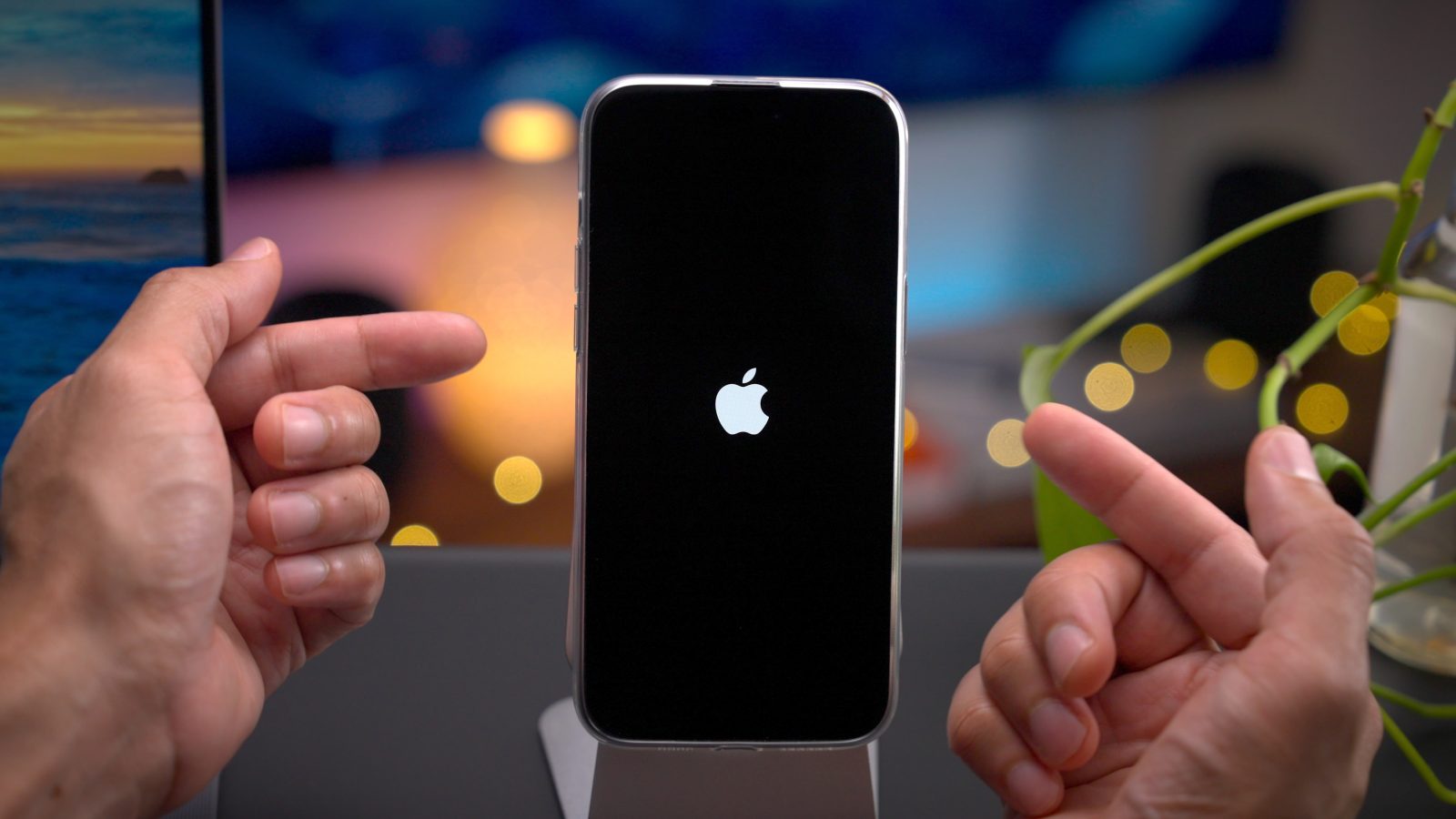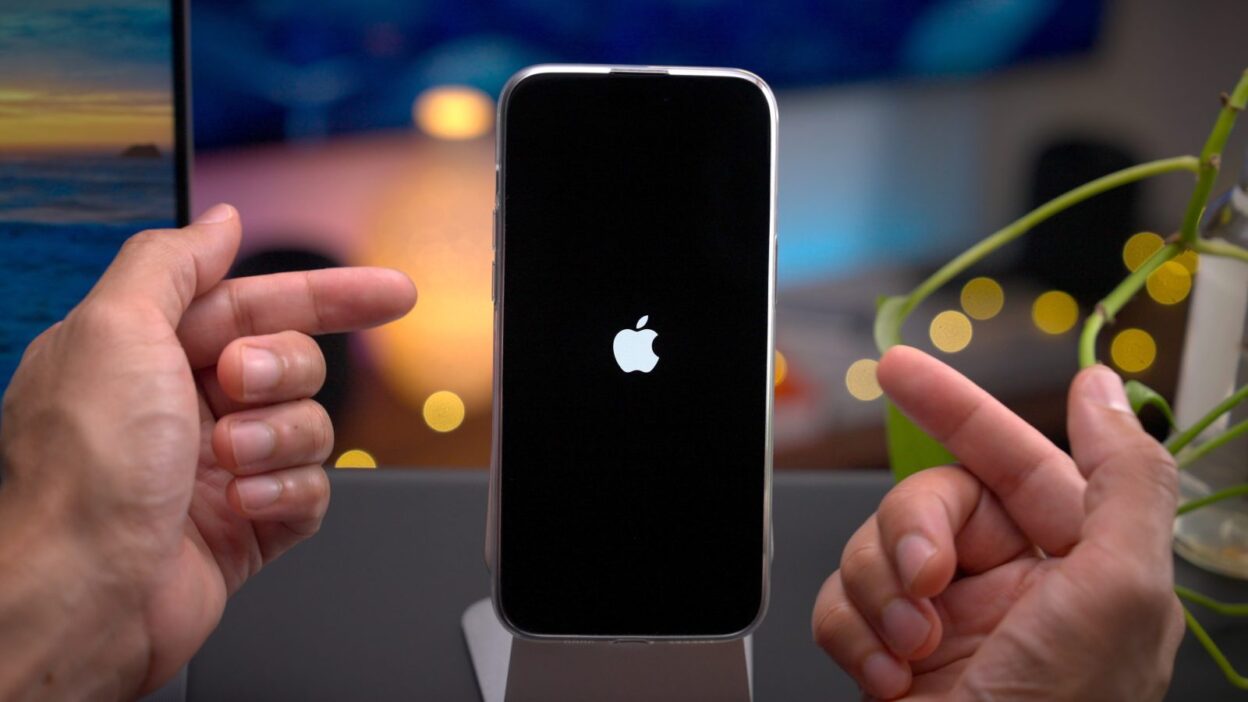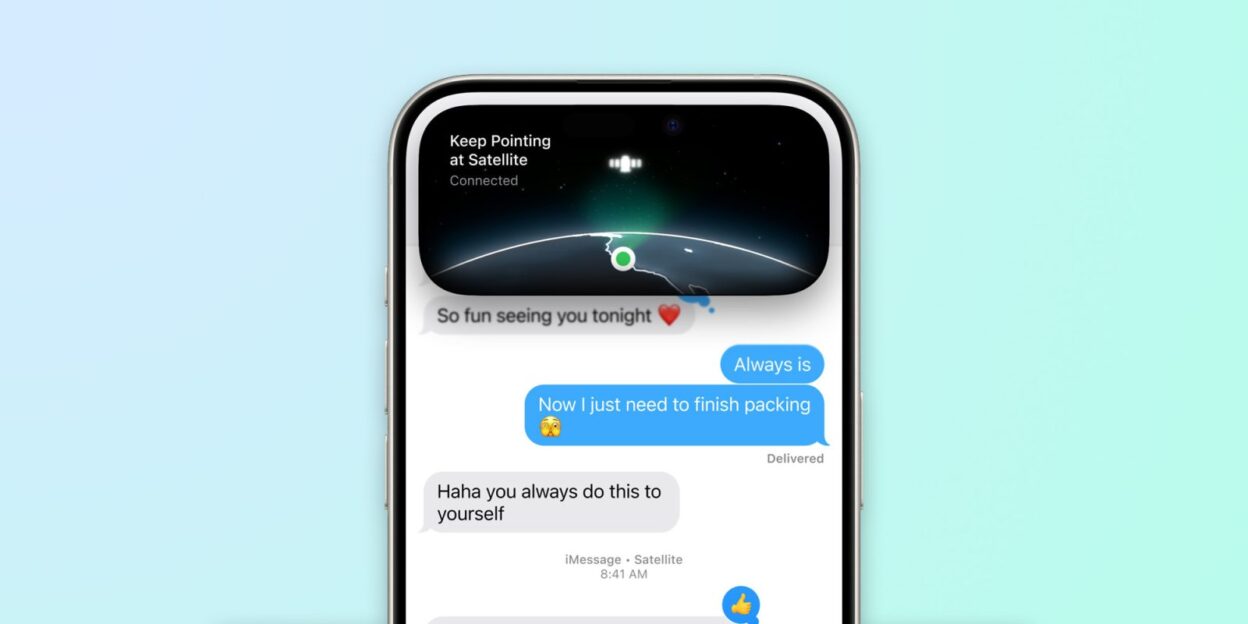## iPhone’s Silent Security Upgrade: Auto-Reboot Thwarts Thieves and Frustrates Forensics

A recent iOS update has introduced a novel security measure, quietly reshaping the landscape of iPhone security. iOS 18.1 now incorporates an “Inactivity Reboot” function, automatically restarting iPhones after a predefined period of dormancy. This seemingly minor tweak has significant implications for both law enforcement and everyday users.
### The Four-Day Reset: How it Works
Initially sparking confusion and speculation of covert inter-device communication, the auto-reboot functionality, as revealed by security researcher Jiska Classen and Corellium founder Chris Wade, is a deliberate security enhancement. An iPhone left untouched for more than 96 hours will automatically reboot, entering a “Before First Unlock” (BFU) state. This security measure, while seemingly simple, adds a robust layer of protection against unauthorized access.
### A Boon for Security, A Bane for Forensics
This four-day reset presents a double-edged sword. For the average user, it significantly bolsters security against theft. Imagine a scenario where a stolen iPhone sits dormant. Instead of providing ample time for a thief to bypass security measures, the auto-reboot throws a wrench in their plans, resetting the device to a more secure state. This proactive security measure minimizes the window of vulnerability, offering peace of mind to iPhone owners. iOS 18.1, iPhone Security, Auto-Reboot
However, this same feature has caused friction within law enforcement circles. The BFU state triggered by the auto-reboot significantly complicates forensic investigations, making it harder to access data on seized iPhones. The “After First Unlock” state, previously more accessible for data extraction, is now harder to achieve due to this new security protocol.
### Balancing Security and Access: The Ongoing Debate
The debate surrounding this new feature highlights the ongoing tension between individual privacy and the needs of law enforcement. While the auto-reboot undoubtedly enhances security for iPhone users, it also presents challenges for legitimate investigations. Cryptographer and Johns Hopkins University associate professor Matthew Green argues that the benefits to individual security outweigh the inconvenience to law enforcement, emphasizing the greater threat posed by malicious actors. He suggests that the inconvenience of the reboot is minimal for legitimate users, while the security benefits are substantial.
Apple has remained silent on the specifics of this change, but the code modifications within iOS 18.1 are publicly accessible on GitHub. This silent security upgrade underscores Apple’s commitment to user privacy and security, even if it means navigating complex legal and ethical considerations. iPhone Privacy, Data Security, Law Enforcement, iOS Update
FTC: We use income earning auto affiliate links. More.





